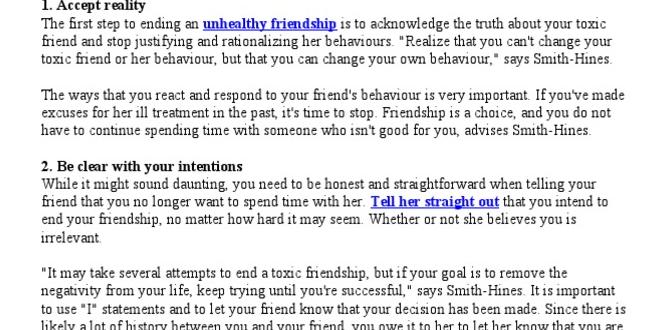Best Romantic Psychology Ideas for Couples can unlock a deeper connection and lasting passion, even for those who share a living space. The magic of romance isn’t just about grand gestures; it’s deeply rooted in understanding each other’s emotional needs and consciously nurturing the bond. For couples living together, the daily grind can sometimes overshadow the spark. However, by integrating psychological principles into your routine, you can not only reignite that spark but also build a more resilient and fulfilling relationship.
One of the cornerstones of romantic well-being lies in the principle of active-constructive responding. This means when your partner shares good news or an exciting experience, you don’t just offer a perfunctory “that’s nice.” Instead, you enthusiastically engage, asking questions, expressing genuine interest, and celebrating their triumphs as if they were your own. This positive reinforcement builds trust and a sense of partnership, making your partner feel seen, heard, and appreciated. For couples living together, where everyday conversations might revolve around chores and bills, actively seeking out and celebrating small wins becomes even more crucial. It forces you to shift the focus from the mundane to the magnificent, reminding yourselves of the joy and excitement that brought you together.
Another powerful psychological tool is the concept of “novelty and variety.” Our brains thrive on new experiences, and this applies to romantic relationships too. When couples fall into a predictable routine, the thrill can diminish. Introducing new activities, whether it’s trying a new restaurant, taking a spontaneous weekend trip, or even experimenting with a new recipe together, can create fresh memories and rekindle feelings of excitement. For those cohabiting, this doesn’t necessitate elaborate plans. It can be as simple as rearranging furniture in your living room, exploring a new park in your neighborhood, or dedicating an evening to learning a new skill together, like dancing or pottery. The key is to break the monotony and introduce elements that stimulate curiosity and create shared experiences beyond the usual.
Best romantic ideas psychology while living together often revolve around creating intentional space and time for connection. In the comfort of shared living, it’s easy to lose the sense of deliberate courtship that characterizes the early stages of a relationship. However, psychologists suggest that maintaining a sense of “dating” your partner, even when you live together, is vital. This could involve scheduling regular “date nights,” either in or out, where the focus is solely on each other. Put away the phones, turn off the TV, and engage in meaningful conversation. What did you learn today? What are you excited about? What are your fears? These moments of vulnerability and focused attention foster deeper intimacy and understanding.
Furthermore, understanding and practicing “appreciation and gratitude” is a fundamental psychological tenet of strong relationships. Regularly expressing gratitude for your partner, not just for big things but for the small, everyday gestures, can significantly boost relationship satisfaction. A sincere “thank you” for making coffee, a thoughtful compliment on their outfit, or acknowledging their effort in managing household tasks can make a world of difference. This practice counteracts the tendency to take each other for granted, especially in the context of sharing a life. It reframes your perception, highlighting the positive aspects of your partner and your shared life, which in turn fosters more positive interactions.
The concept of “mystery and intrigue” also plays a significant role in romantic psychology. While living together might seem to eliminate all mystery, it’s possible to cultivate it. Surprising your partner with a small gift, leaving a sweet note, or planning an activity they’ve always wanted to do but haven’t had the chance to can reignite that sense of wonder and anticipation. It demonstrates that you’re still thinking about them, still invested in making them happy, and still seeking to delight them. This is about keeping the “courtship” alive, even after years of marriage or cohabitation.
Finally, fostering “emotional safety and security” is paramount. Couples who feel safe to express their true selves without fear of judgment or ridicule are more likely to experience deep romantic connection. This involves active listening, empathy, and validating your partner’s feelings, even when you don’t agree with them. Creating an environment where both partners feel supported and understood allows for greater vulnerability, which is the fertile ground for love and romance to flourish. When you know you can be your authentic self with your partner, the intimacy and connection naturally deepen, providing a strong foundation for a lasting and passionate relationship. By consciously applying these romantic psychology ideas, couples can cultivate a love that is not only passionate but also deeply resilient and profoundly fulfilling.





